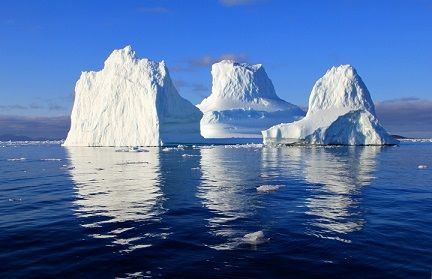A new report published in the magazine Nature paints an extremely gloomy picture when it comes to global climate change and its immediate effects.
The report reveals that the ice in Greenland is melting at a rate much faster than anything seen over the last couple of centuries and maybe even the last millennium, reports DR Nyheder.
Right off the scale
The pace has really picked up over the last two decades, as the melting rate has been more or less stable since the beginning of industrialisation.
READ ALSO: DTU Space develops special drone to monitor climate change in the Arctic
Today, the ice is melting 50 percent faster than it did before industrialisation and 33 percent faster than during the 20th century.
“The ice melting rate in Greenland today is without precedent and it is off the scale when we look back at the historical record,” said Sarah Das, a researcher at Woods Hole Oceanographic Institution and co-writer of the report.
A complete washout
Melting ice is the primary cause of rising water levels and researchers predict that over the next couple of decades there will be massive flooding in coastal towns round the world.
Eight of the 10 largest cities in the world are situated on coasts. At the same time, 40-50 percent of the entire world’s population live in coastal areas that will be vulnerable to flooding.
But even though most people accept the idea that mankind is to blame for climate change, researchers are frustrated that not enough is being done to alleviate the problem.
“We’re just not taking this seriously right now. The climate keeps warning us how bad things are and all the while the question of whether we are thinking of reacting to these warnings goes unanswered,” climate researcher Luke Trussel from Rowan University told Videnskab.dk















